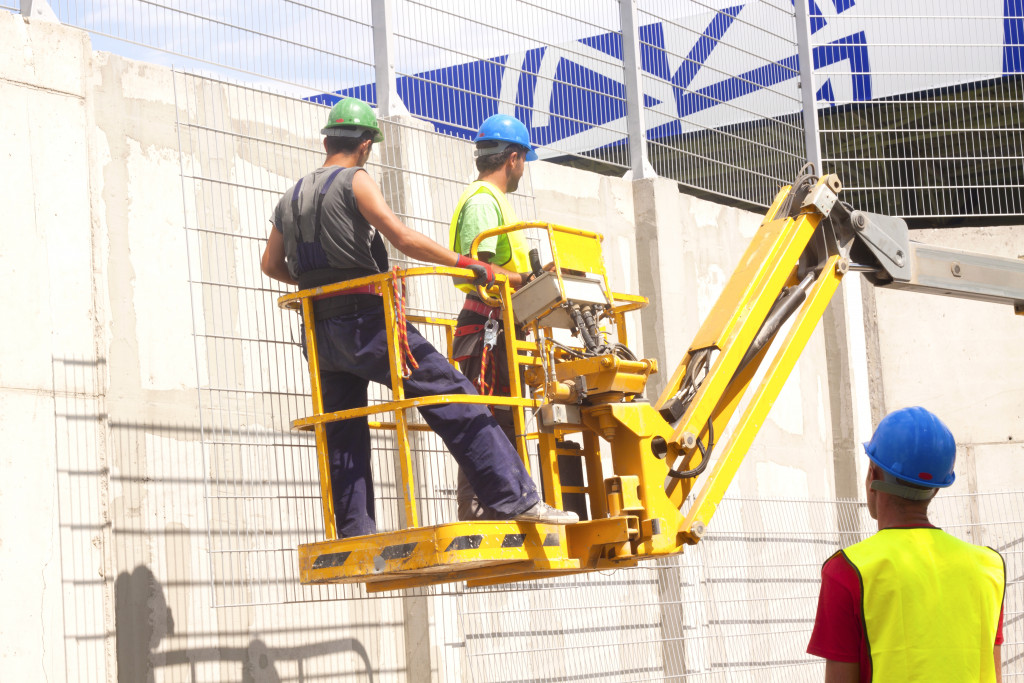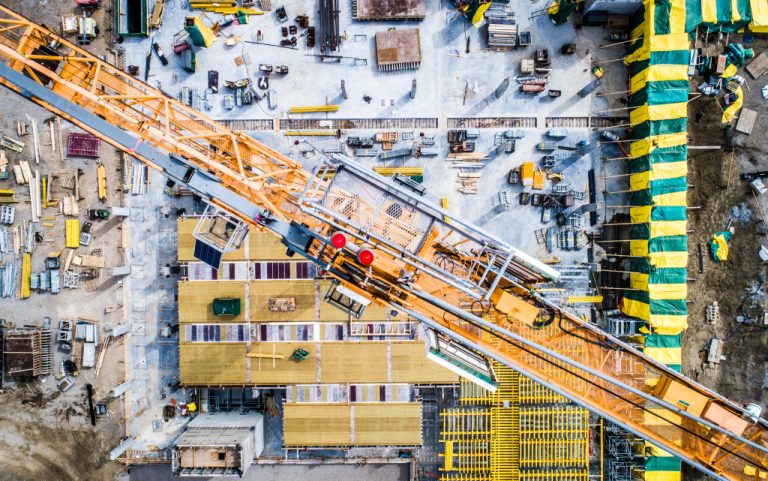Every construction project is unique. Different projects will have different needs that require different methods to fulfill. But there are some basic elements that make up a great construction project no matter what the specific details might be. Here are seven of the most important ones.
1. A clear vision
Every great construction project begins with a plan. That means more than just having a general idea of what you want to do or some vague outline on how it should be done. You need to have each step spelled out as precisely as possible, have a timeline of everything you want to achieve, as well as all the resources you need to make it happen. That includes time, money, materials, and any other specialist skills you might need. A clear vision for your project will ultimately dictate the quality of the build in the end if you stick to your laid-out plans.
2. The right team
The vision for your project is just the first step. You need to have a team that will be able to bring it into reality. Ideally, this should include an architect or engineer who can help you work through all the finer details. But you’ll also want one or more construction managers on board as well, so they can oversee everything from start to finish. This also includes how your builders should have the right equipment for the project. From wire ropes for rigging, trucks for transportation, and scaffolding for reaching higher floors, you need to have all of this taken care of in advance.
3. Adequate time
Projects that start as soon as possible will result in the best construction outcome. That’s why having a strong vision is so important — it tells you what components need to be included from the start. That way, you don’t have to worry about running out of time or money during the project. Time is of the essence during construction, so don’t try to do too much in one go. Otherwise, you’ll end up wasting money and will have to spend more down the road when problems arise.
4. Clear communication with everyone involved
Depending on the size and scope of your particular construction project, there may be quite a few people involved. You’ll want to keep all of them updated as often as possible, so it’s easier to communicate the latest progress on the build. This will help you avoid any problems that may arise. If you run into an obstacle along the way, you can simply resolve it sooner before it becomes a major hold-up. This way, you’ll minimize any potential risks and make sure everyone is on board with what needs to be done next.
5. A safe working environment

As soon as workers are on-site building or doing maintenance, they need to be able to do so with relative safety. This means taking the necessary precautions to make sure everyone is protected. From safety glasses, gloves, and steel toe boots, you need to have all of this in place if workers are going to be on the job. You also need to make sure there are no potential fire hazards or various other risks that could cause harm. You can organize a safety committee or hire a safety consultant to help you implement all these rules and precautions in advance.
6. A realistic budget
It’s difficult enough to get the necessary funding for your construction project. But that money should be enough to finish the job while minimizing any potential surprises that cost extra money. That means detailing out every last expense before you even get started. This includes putting together a “plan of attack” that tells you exactly what needs to be done and how much it will cost. A realistic budget should help you avoid any unnecessary problems or costs once the project is underway.
7. Quality materials
It should go without saying that you need to have the best possible materials going into a construction project. You should have all of this planned out in advance so you know exactly what’s required from the start. In some cases, you may want to consult with a reputable building material supplier who can help you get top-grade items for your final product. This includes everything from concrete, to roof tiles, to wood, and more.
In conclusion, you should have a clear vision of your project’s goals before you get started. From there, it becomes a matter of assembling a dream team that can help you bring it all together while being conscious of the budget every step of the way. As soon as the first brick is laid, the construction process will begin. So make sure everything is planned out accordingly to avoid any surprises along the way.
